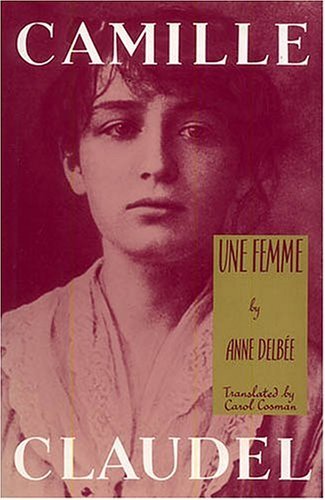
Simone de Beauvoir: A Biography
Book Description
A fearless voice in a man’s world, Simone de Beauvoir shattered conventions and sparked revolutions. Through her passionate relationships, most notably with Jean-Paul Sartre, she explored the depths of love, freedom, and existentialism, forever altering the landscape of philosophy and feminism. This gripping biography by Deirdre Bair unravels the layers of a woman who dared to challenge society’s norms and championed the rights of women. As her words echoed through protests and academia, a question lingered: What price did she pay for her unwavering commitment to truth and equality?
Quick Book Summary
“Simone de Beauvoir: A Biography” by Deirdre Bair is a meticulously researched portrait of the iconic French philosopher, novelist, and feminist. Traversing de Beauvoir’s life from her privileged, yet confining Catholic upbringing to her pivotal role in shaping 20th-century philosophy and feminist thought, Bair explores the complexities of de Beauvoir’s intellectual pursuits, personal relationships, and political activism. The biography brings to light de Beauvoir’s enduring partnership with Jean-Paul Sartre, her controversial romantic and intellectual freedom, and her struggles against societal expectations. By delving into unpublished diaries and private correspondence, Bair unearths the challenging choices de Beauvoir made in her quest for authenticity, autonomy, and truth. The narrative not only illustrates the evolution of de Beauvoir’s ideas but also examines the sacrifices and costs of her revolutionary commitment to women’s rights and existentialist philosophy.
Summary of Key Ideas
Table of Contents
Formative Years and Intellectual Awakening
Simone de Beauvoir's early life was deeply shaped by her upbringing in a conservative Catholic family in Paris. Encouraged to seek knowledge but constrained by societal norms, she exhibited academic brilliance from a young age, eventually deciding to pursue philosophy against her parents’ expectations. Bair’s account details de Beauvoir’s educational journey, her early reflections on freedom and self-determination, and the tension between her intellectual desires and the traditional roles expected of women in early 20th-century France.
Partnership with Jean-Paul Sartre and Existentialism
As de Beauvoir entered adulthood, she formed her lifelong intellectual and romantic partnership with Jean-Paul Sartre. Their unconventional relationship became central to both their personal lives and their philosophical work. The two collaborated, challenged, and inspired each other, serving as the foundations for existentialist philosophy. Bair portrays the dynamics of this relationship, highlighting how de Beauvoir balanced dependency and autonomy, and how her experiences informed her growing critiques of societal structures and her development of feminist existentialism.
Feminism and Challenging Social Norms
De Beauvoir emerged as a pioneering feminist, most notably with her seminal work "The Second Sex," which dissected the social and existential conditions of women’s oppression. Bair describes how de Beauvoir’s writing sparked controversy and debate in both academic and public spheres. She was not only a thinker but an activist, lending her voice to postwar women’s movements, challenging patriarchy, and advocating for reproductive rights, equality, and sexual freedom. Her ideas pushed boundaries and forced a reevaluation of gender roles in modern society.
Personal Sacrifices and Public Influences
Behind the public persona, de Beauvoir’s life was marked by personal and emotional sacrifices. Bair examines the costs of her unwavering commitment to intellectual honesty and personal freedom. De Beauvoir negotiated complex relationships, often blurring the lines between love, friendship, and mentorship, which sometimes led to emotional turmoil and public criticism. Bair uses letters and diaries to illustrate the burdens de Beauvoir carried, including periods of isolation, moral dilemmas, and the emotional toll of a revolutionary life.
Legacy in Philosophy and Women’s Rights
Simone de Beauvoir’s legacy extends far beyond her own era. By confronting taboo subjects, championing existentialist thought, and fighting for women’s rights, she changed the intellectual and cultural landscape. Bair concludes by assessing the profound and enduring impact de Beauvoir had on philosophy, literature, and feminist movements worldwide. The biography situates de Beauvoir not only as a major thinker but as a symbol of resilience and transformation for future generations seeking justice, equality, and authenticity.
Download This Summary
Get a free PDF of this summary instantly — no email required.





